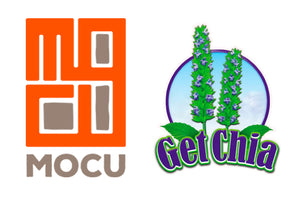Why You Should Eat More Plants

If there was one simple thing you could do to bring significant benefits for your health, reducing your risk for a number of major diseases, while also being a boon for the environment, would you be interested? It’s actually pretty easy: Eat lots of plant-based foods.
By increasing your intake of foods from plant sources, you’ll be upping your intake of antioxidants, fiber, vitamins and minerals. A boost in these nutrients will also impact the way you feel: Those who consume more whole, plant-based foods tend to see an increase in energy, clearer skin and easier weight loss and weight maintenance, plus they may also experience a decrease in their overall risk of high blood pressure, type 2 diabetes, obesity, heart disease, stroke and cancer.
Seems too good to be true, right? The reason is that whole, plant-based foods not only contain important vitamins and minerals, but they also provide vital health benefits and help fight disease, which is why they are often classified as functional foods. By containing what are referred to as phytochemicals (a fancy word for plant compounds – phyto- being the Greek word for "plant") such as health-boosting polyphenols, plant stanols and sterols, omega-3 fatty acids, phytoestrogens and sulfuric compounds, plants work together to help keep major chronic diseases at bay.
But if health reasons don’t have you running for the produce aisle, perhaps the environmental benefits will. When focusing on fiber-rich plant foods, your carbon footprint is actually cut in half by reducing global greenhouse gas emissions, pollution, deforestation and the overuse of fossil fuels and water – all of which could be a big help in combating climate change.
While we’re certainly not advising everyone to take on a strictly plant-based diet, if we all included more plant-based meals, we’d all be better off. And eating more plants doesn’t have to mean deprivation – in fact, it’s quite the opposite.
Written by Amy Symington for Clean Eating Magazine and legally licensed through the Matcha publisher network. Please direct all licensing questions to legal@getmatcha.com.



